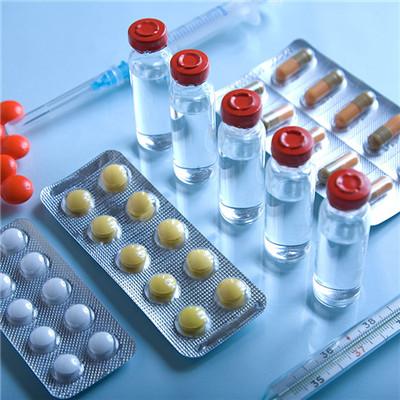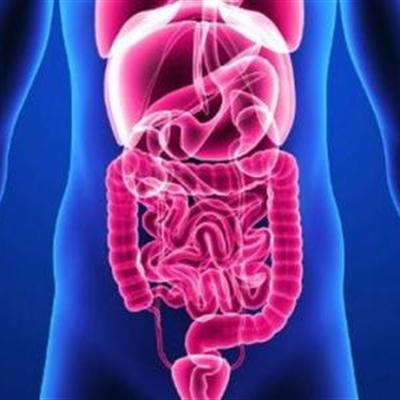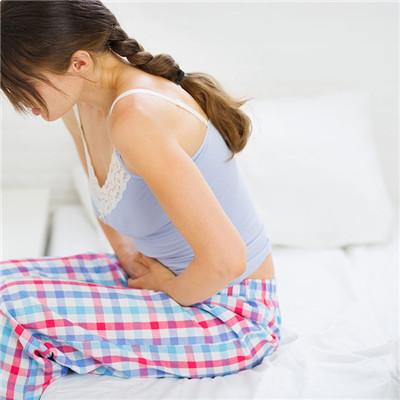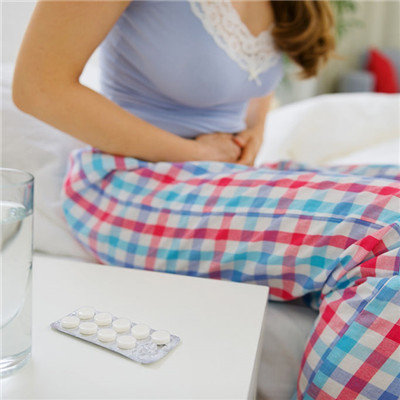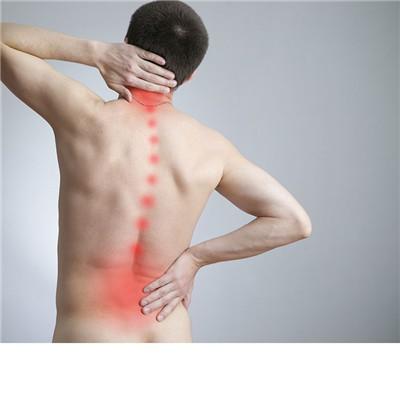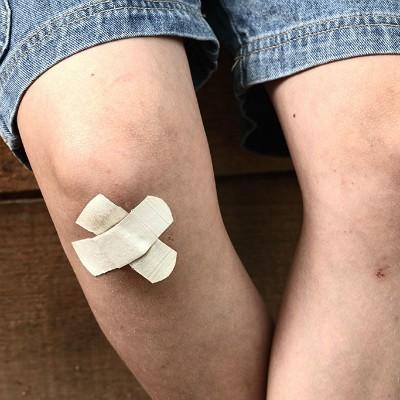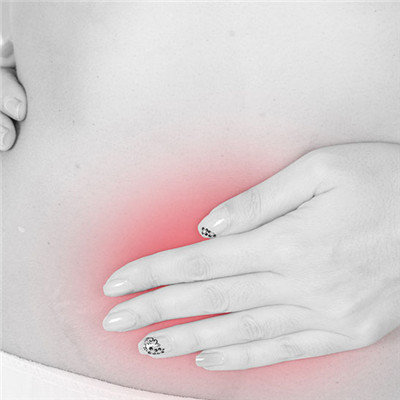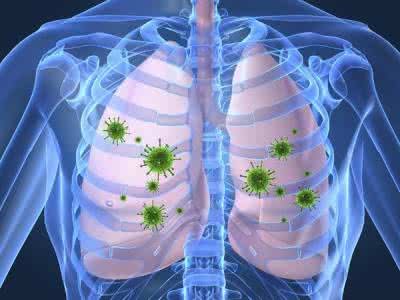What are the early symptoms of malaria?
summary
Malaria is also a kind of "troublesome" disease. However, some people can't tell whether they are malaria or not, and they don't understand the symptoms of malaria, so they can't be better treated. Let's talk about the symptoms of malaria.
What are the early symptoms of malaria?
First, there are four kinds of general symptoms. The typical clinical attack of human malaria is similar, which can be divided into prodromal stage, chilly stage, febrile stage, sweating stage and intermittent stage. Prodromal phase: patients have fatigue, headache, discomfort, anorexia, chills and low fever. This stage is equivalent to the maturation of Plasmodium (schizont) in hepatocytes and the release of merozoite into the bloodstream. However, the density of protozoa in the peripheral blood was too low, and the microscopic examination was mostly negative.

Second: fever period: generally lasting 3-4 hours, headache aggravation, high temperature can exceed 40 ℃. For patients with multiple recurrences, only mild cold and low fever, dizziness, headache, muscle and joint pain and trigeminal neuralgia may occur regularly without obvious high fever. The protozoa in fever stage were mainly small trophozoa. Sweating period: from slight sweating to profuse sweating. During this period, the body temperature quickly returned to normal, and the above symptoms gradually disappeared.

Third: intermission: refers to the interval between the two attacks. The duration depends on the species and immunity. As for the intermission period of typical cases, falciparum malaria cases are very irregular, which are only a few hours short and 24-48 hours long. Vivax malaria and ovale malaria cases are about 48 hours long, and three day malaria cases are 72 hours long. In addition to falciparum malaria, macrotrophozoa was the main parasite.
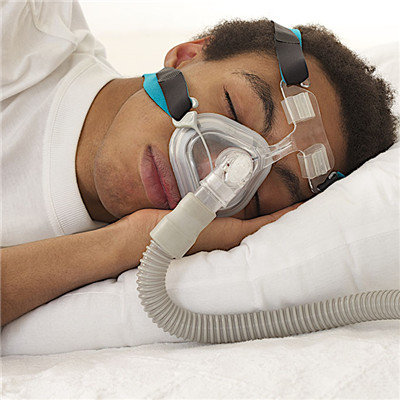
matters needing attention
Malaria patients in the onset period should pay attention to rest, drink more water, avoid cold things, pay attention to keep warm, and should be isolated from the source of infection, pay attention to diet, it is best to eat liquid food, which is conducive to better recovery of the disease.
